President’s speeches, letters, and articles
Subject: What is a Reedie, Anyway?
October 14, 2021
Dear Reed Community,
What sets Reedies apart? I get asked this question all the time, particularly because of my experiences at other liberal arts colleges. My short answer has always been this: Reedies are multidimensional. Reedies feel deeply, think with complexity, imagine greatly, create energetically, and throw themselves into whatever they do with gusto. Reedies care.
Reed Magazine dedicates the September issue each year to the question, what is a Reedie? The issue is a favorite of mine. Every year, twelve Reedies from the graduating class share their discoveries and adventures at Reed. I know that you will be impressed by what they have to say about their thesis projects, their inspirations and discoveries, and what they took with them from their lives at Reed. Having met most of these talented individuals in their final years at the college, I am enormously proud of them and all they accomplished in the unbelievably hard circumstances of the pandemic year.
Their stories remind us of the breadth and depth of a liberal arts education. Our hope for Reed's students is that they explore and make connections—across disciplines, among their peers, with their communities, and around the globe. No two students graduate from Reed with an identical set of classes or experiences. They create their own constellations, made up of classes, coursework, relationships, and service, with countless points of possible intersection within and outside their individual patterns.
What is a Reedie? Reedies are mathematicians who play musical instruments, dancers who theorize, writers who reflect on social justice, political scientists intrigued by biology, scientists influenced by poetry and the ancient world, and on and on. Because Reed is a multicultural, multiracial, gender-expansive, and queer-inclusive community, students learn from one another and take up areas of study that interrogate the dynamics of identity and power. More importantly, they learn from other generations of students. This is why we say that the world needs more Reedies—they are multidimensional sources of inspiration.
With admiration,
Audrey
_____
Audrey Bilger
President
What Is a Reedie, Anyway?
Twelve grads from the Class of ’21 share their discoveries and adventures at Reed.
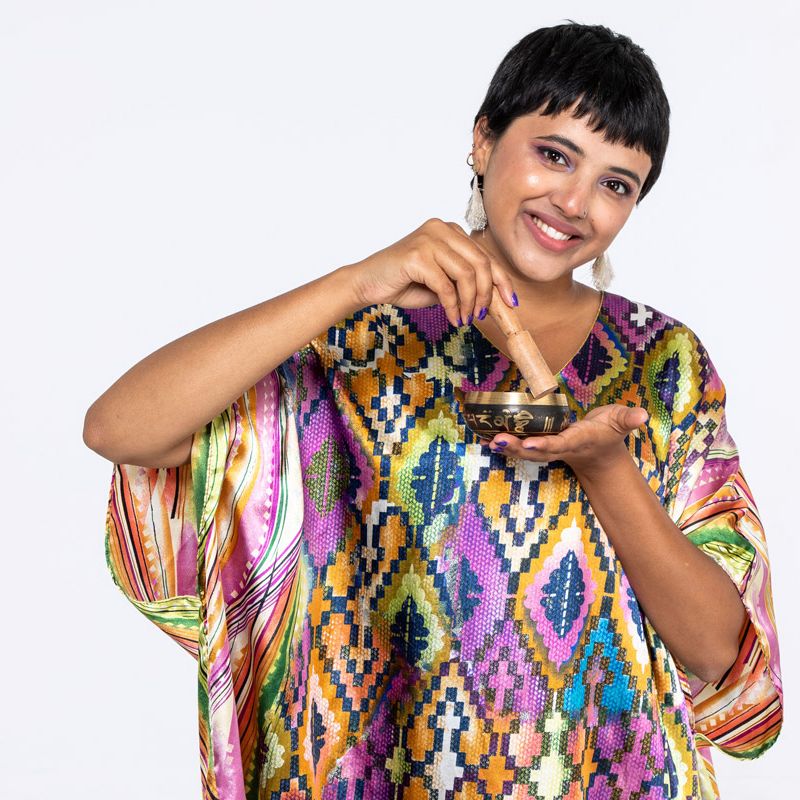
Shisham Adhikari ’21 was an international student from Nepal. One of Shisham's most influential classes was an intro to economics class with Prof. Kimberly Clausing; she ended up majoring in economics–mathematics. Her thesis "theoretically and empirically demonstrates that the same amount of investment results in different returns for rich and poor, further exacerbating the capital inequality gap." Learn more about Shisham.
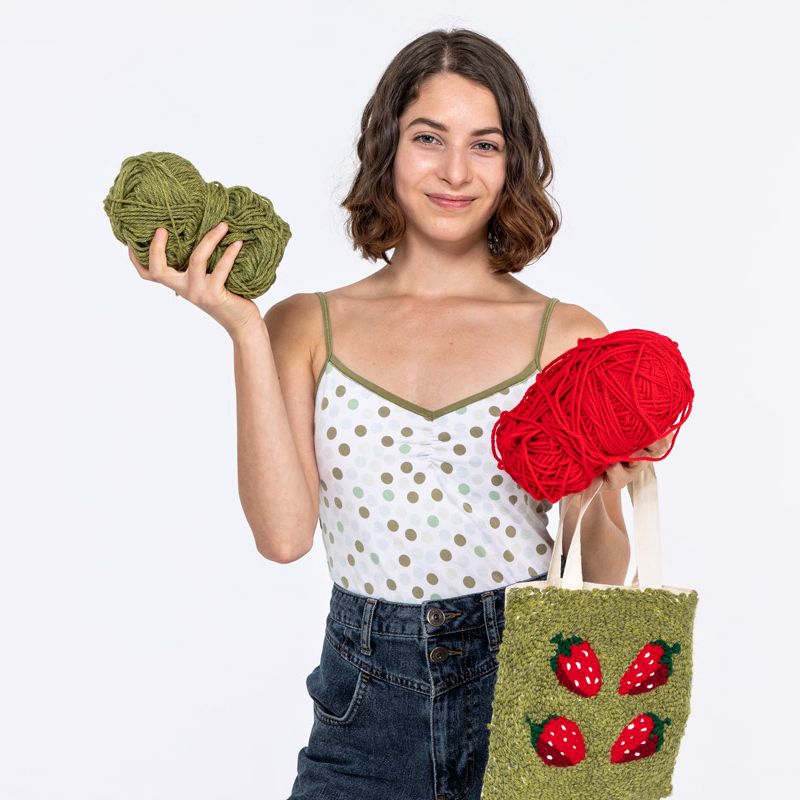
Mariana Beyer Chapa ’21 came to Reed from Mexico City. In high school, she was "very shy, very reserved, very nerdy." At Reed, she gained confidence in sharing her knowledge and contributing to discussions. Working with her thesis advisors, Prof. Daby [political science] and Prof. Tamara Metz [political science], Mariana explored the most effective arguments to convince policymakers that undocumented immigrants should be able to obtain driver's licenses. Learn more about Mariana.
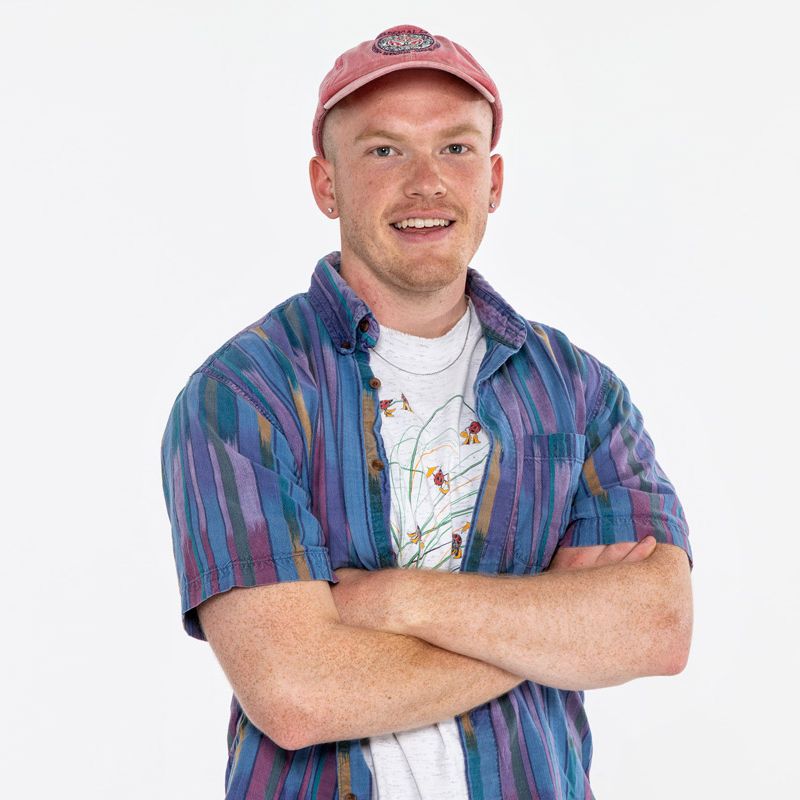
Simon P. Couch ’21 is on his way to starting his PhD in biostatistics at Johns Hopkins. At Reed, he majored in mathematics and wrote a math thesis containing "as little math as possible." He also got to do a lot of cool stuff while at Reed, including flying to London for a week to present research on data privacy, thanks to a combination of Reed grants. Learn more about Simon.
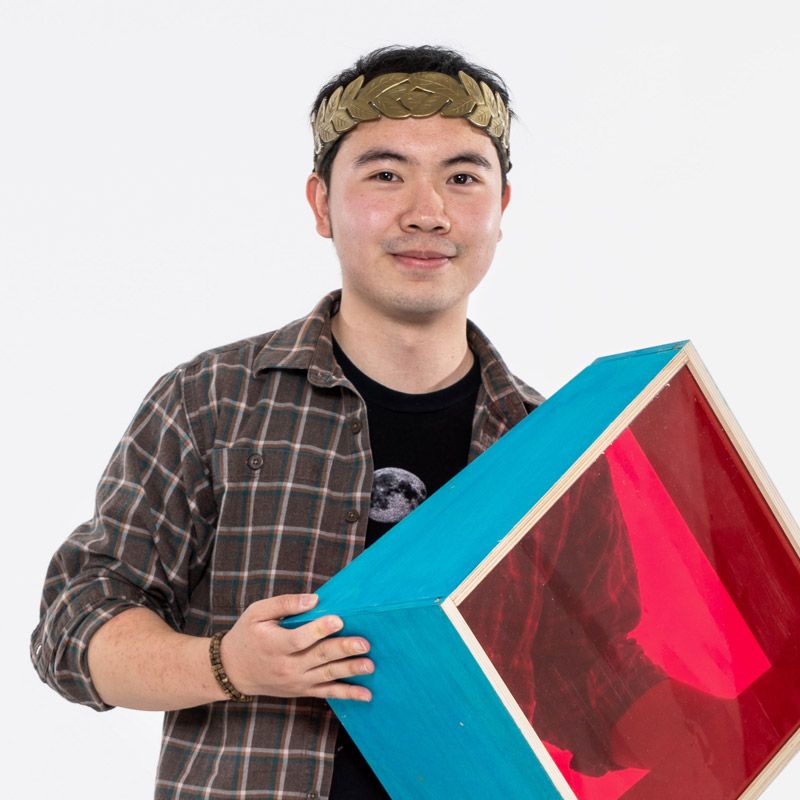
Genyuan Hu ’21 transferred to Reed and majored in neuroscience. He hails from Chongqing, China, and at Reed, he "learned to connect knowledge and concepts from different disciplines." Working with Prof. Kara Cerveny [biology], Genyuan's thesis was about what happens to the brains of zebrafish when they cannot see. Now, he is heading to Princeton to study architecture. Learn more about Genyuan.
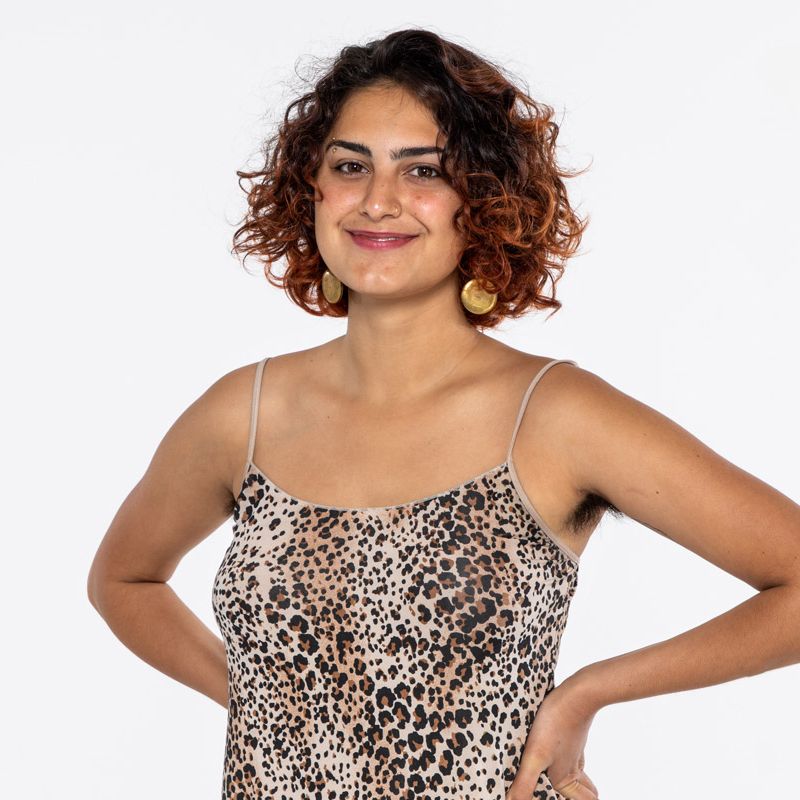
Soroa Lear ’21 got to spend her summers away from Reed (thanks to Reed grants) "doing really cool things—dancing in Paris and Berlin!" Soroa majored in comparative literature with an allied field in dance studies. She said that the book The Undercommons: Fugitive Planning & Black Study by Fred Moten and Stefano Harney changed the way she writes, and even thinks, about friendship. Learn more about Soroa.
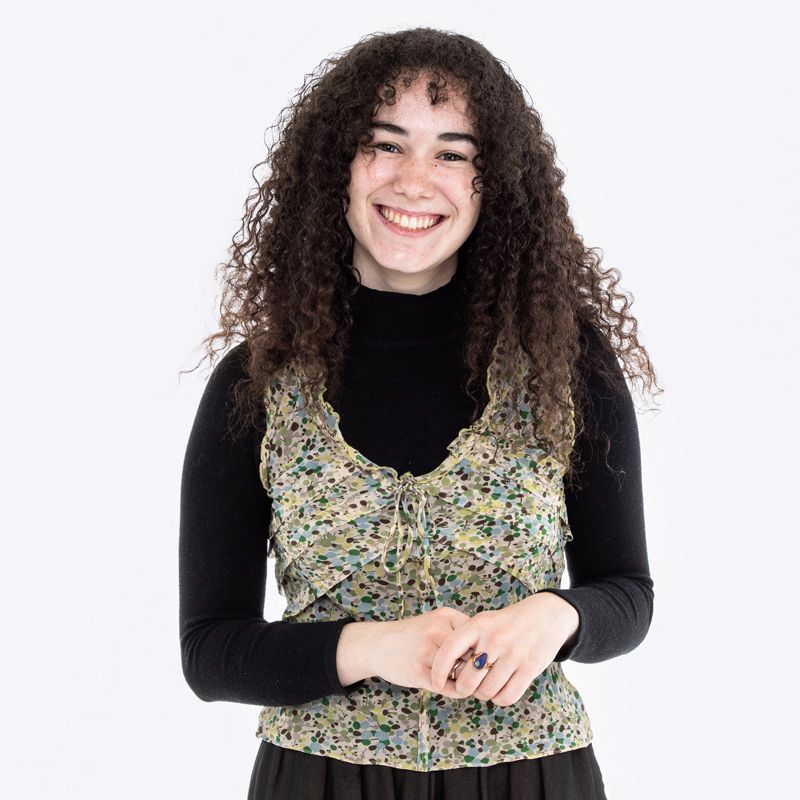
Eva Licht ’21 majored in biology–theatre, and her thesis explored the question, can theatre help science learning or participation? One of the most influential classes Eva took at Reed was taught by Prof. Pancho Savery [English], and she "made sure to take a class with him every semester." Reed helped Eva take risks and pursue what she loves. Learn more about Eva.
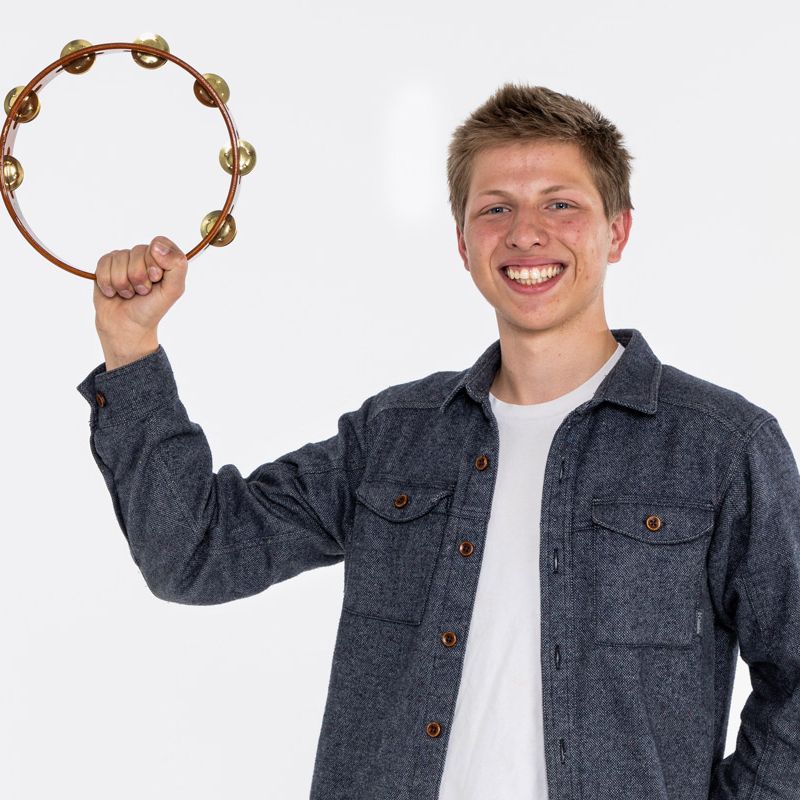
Andrey Marsavin ’21 said the classes he took at Reed shaped the way he thinks and helped him decide on a career. One of the most influential classes he took was Water and the American West with Prof. Josh Howe [history]. Andrey ended up majoring in environmental studies–chemistry and his thesis was titled "Oxidized Nitrogen in Wildfire Smoke at Mt. Bachelor Observatory." Andrey is now at graduate school at Colorado State University's Atmospheric Science Department. Learn more about Andrey.
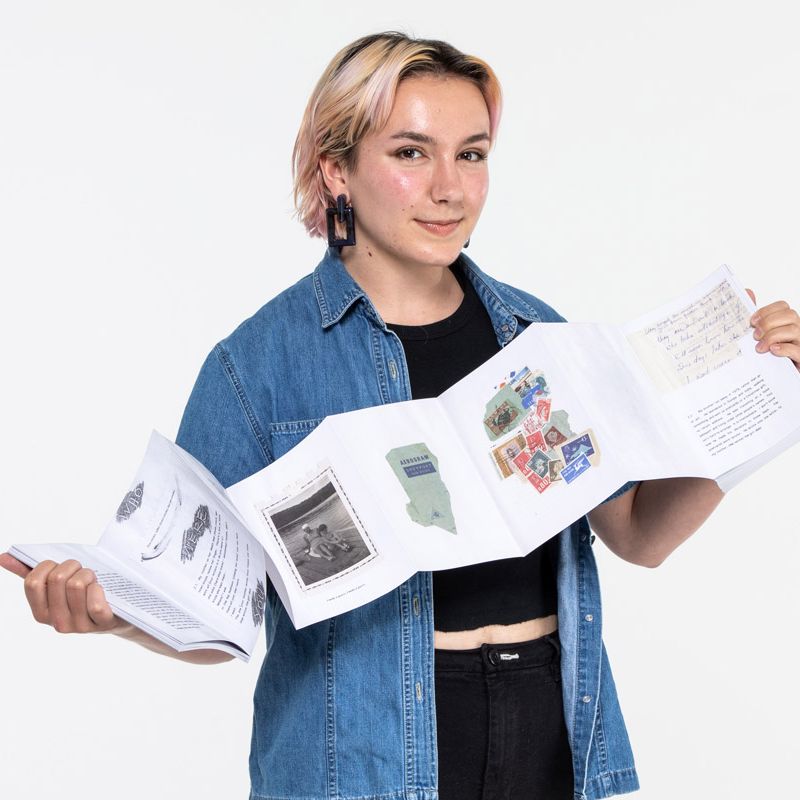
Emma McNeel ’21 majored in Greek, Latin, and ancient Mediterranean studies (GLAM), despite coming to Reed planning to be a STEM major. Her thesis tackled how to demystify the canon and teach Greek and Latin in more productive and fun ways. "Translation theory taught me to handle every word with care," she said, adding, "Reed made me a careful and critical reader, taught me how to advocate for myself and others, and how to create as part of a community." Learn more about Emma.
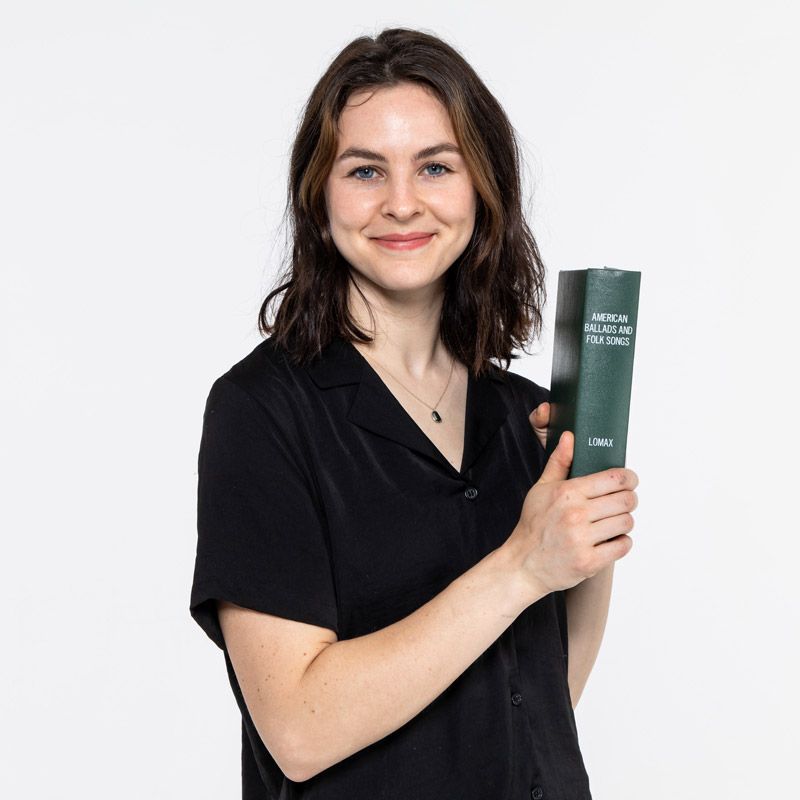
Natalie Murphy ’21 shared that the class Music 360, The Black Freedom Struggle, with Prof. Mark Burford completely changed the way she thinks about history and what constitutes a historical source. She said that the syllabus was rich and Prof. Burford's curiosity was infectious. She stated that she wouldn't have been able to write her thesis, "Musical Memories of Nature in the Dust Bowl and Great Migration," without Prof. Burford's frameworks for thinking. Natalie majored in environmental studies–history and was active across campus as a student operator at the Reed Research Reactor and on Reed's Judicial Board. Learn more about Natalie.
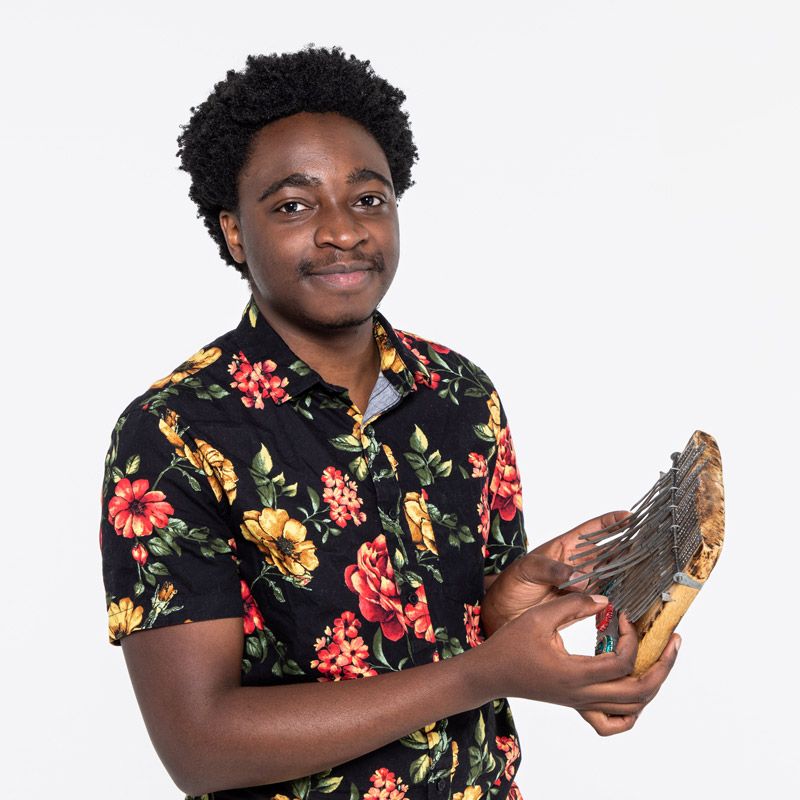
Anesu Ndoro ’21 came to Reed from Zimbabwe. He remarked that Reed taught him "the value of friendships, social networks, and seeking help when you need it." Anesu majored in anthropology and plans to pursue his PhD in the field. At Reed, he started the Mbira Music Club, where he taught Reedies how to play Zimbabwe's mbira instrument. He also was a housing advisor, which he said, "gave me an opportunity to help fellow Reedies in a direct and impactful way." Learn more about Anesu.
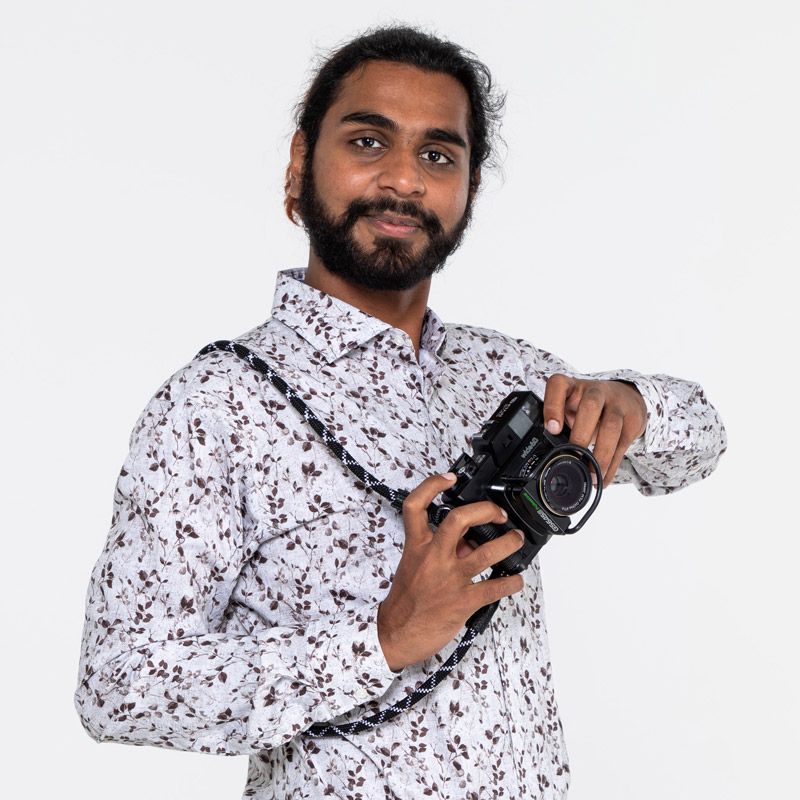
Abhi Rajshekar ’21 remarked that Prof. Daby [political science] was one of his most influential professors. Prof. Daby led an inclusive and intellectually stimulating conference, where the class discussed important ethical issues, such as the following: What is the relationship between dignity and equality? What does a process of meaningful reconciliation look like for marginalized individuals who have been subject to indiscriminate violence and state negligence? Abhi ended up majoring in political science, and his thesis "offers a theoretical account about the nature of citizenship when a state chooses to inflict violence on its own marginalized citizens through its agents that provide security, like the military." Abhi plans to earn a PhD in political science at UC Irvine. Learn more about Abhi.
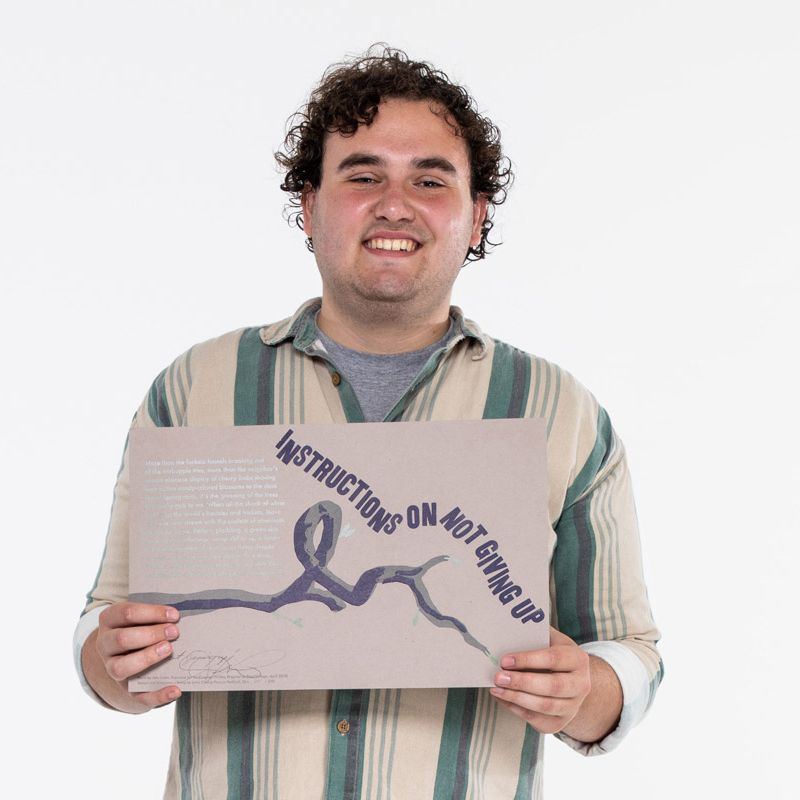
Ben Read ’21 did a lot of cool stuff at Reed: He was a writer or editor with the Quest, the Grail, and the Creative Review and worked as a Sexual Health, Advocacy, and Relationship Education (SHARE) advocate, a writing tutor, and a library assistant. He was also an assistant to Prof. Samiya Bashir and the creative writing faculty for the Poetry Salon and the Visiting Writers Series. When responding to the question of how Reed changed him, he said, "For the better. I like to think that the people I've met here have taught me generosity, curiosity, and grace." Ben majored in comparative literature and wrote his thesis on three contemporary poets—Ilya Kaminsky, Hanif Abdurraqib, and Ross Gay—and the way their poetry moves beyond representing or expressing the identity of the authors to imagining, discovering and inventing new forms of being in and knowing the world. Learn more about Ben.